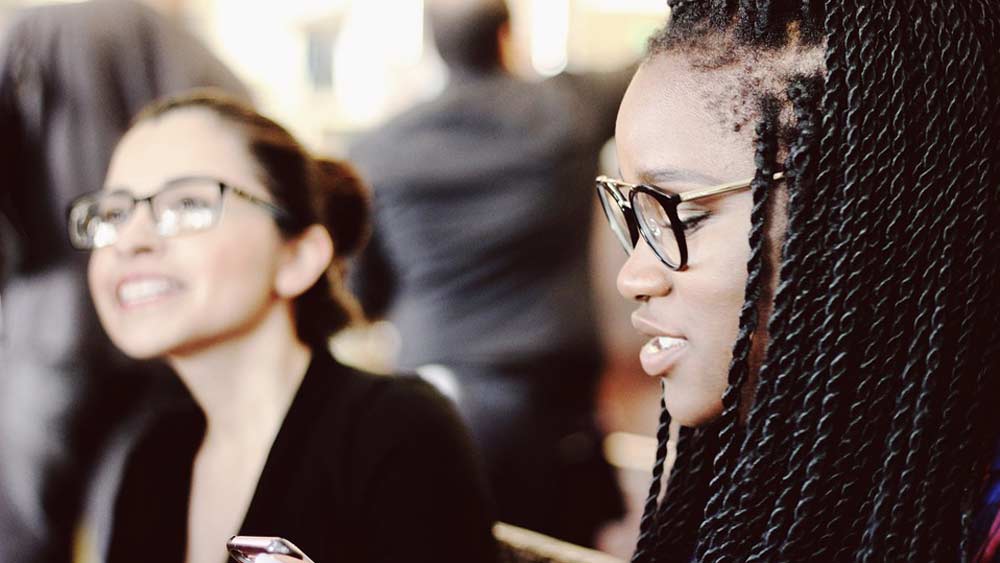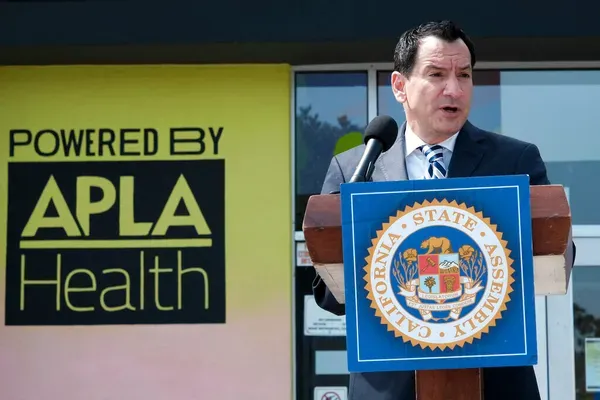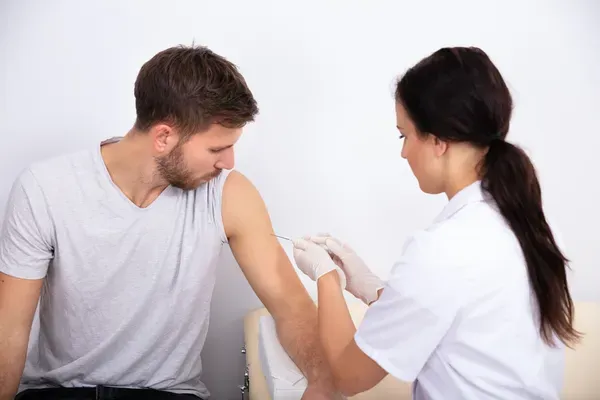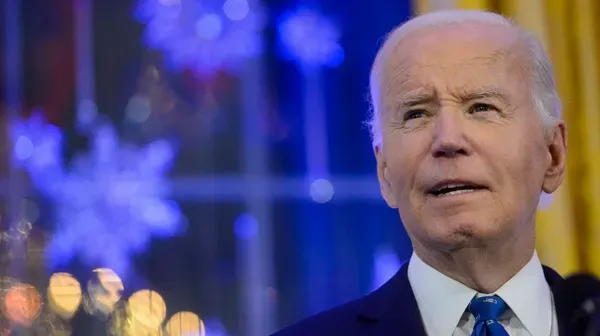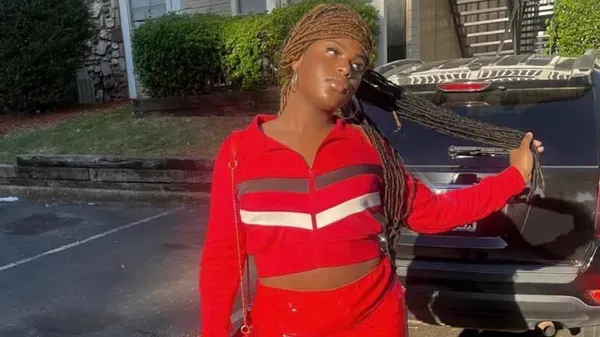
July 22, 2022
Experts: Prioritize Gay, Bi Men for Monkeypox Vaccine
Kilian Melloy READ TIME: 2 MIN.
Health professionals weighing in on the best way to deploy vaccinations against monkeypox offer the common sense observation that the place to begin is with the population most at risk, according to Newsweek. In this particular instance, that population would be men who have sex with men.
As Newsweek noted, "While anyone of any sexuality can contract the disease, as it is transmitted via skin-to-skin or skin-to-clothing contact, the initial influx of cases in the LGBTQ+ community has meant that men who have sex with men are currently most at risk of the virus."
"In any epidemic where you are trying to control the epidemic you give it to people most at risk," one professor of health protection, Paul Hunter, who is with the Norwich School of Medicine at the University of East Anglia in Britain, said in comments to the publication.
"For monkeypox, this is men who have sex with men and who participate in active sexual networks where they have frequent intimate contact with a range of others," Hunter explained.
"That is the group where the epidemic is primarily spreading and that is the group where you need to target the vaccine in the first instance," Hunter added.
How to apportion supplies of the monkeypox vaccine – which is in short supply – is the correct and reasonable question to ask. "Giving vaccines to people who are not really at risk isn't going to achieve anything," Hunter said.
Monkeypox causes painful and unsightly pustules, much like chicken pox does. The virus, though highly contagious, is rarely fatal, and those who contract it typically recover completely. The disease is well-known to medicine, though it has, until recently, mostly been confined to Africa.
That changed earlier this year. Experts say that two raves in Europe likely spread the virus there. An event for people in the leather community in Chicago last May is thought to have accelerated the spread of the virus in the United States.
Since the earliest days of the outbreak, experts have cautioned against a public perception that monkeypox is a "gay disease," even though anyone, of any sexuality, can easily pick up the virus from casual contact or from drying one's hands with a shared towel.
But an opinion piece in the Los Angeles Times alleges that an all-too-familiar pattern is emerging, and charges, "in the midst of a pandemic during which we supposedly learned the value of quick action to educate and vaccinate, the response to monkeypox is appalling and suggests a collective indifference that stems from the disease largely hitting LGBTQ communities."
Moreover, anti-LGBTQ+ forces have begun to seize on the outbreak as they did similarly with AIDS to attack sexual minorities.
Viruses, however, do not spread to people based on sexuality, politics, or any basis other than opportunity. A missed chance to contain the outbreak using sensibly targeted prioritization of vaccines could, the Times article noted, lead to a more generalized outbreak; indeed, there are already concerns that the virus could become permanently entrenched among the global population.
"With fall coming, it's not hard to foresee a school outbreak at some point, or a superspreader event at a concert or festival," the Times article said.
Kilian Melloy serves as EDGE Media Network's Associate Arts Editor and Staff Contributor. His professional memberships include the National Lesbian & Gay Journalists Association, the Boston Online Film Critics Association, The Gay and Lesbian Entertainment Critics Association, and the Boston Theater Critics Association's Elliot Norton Awards Committee.
